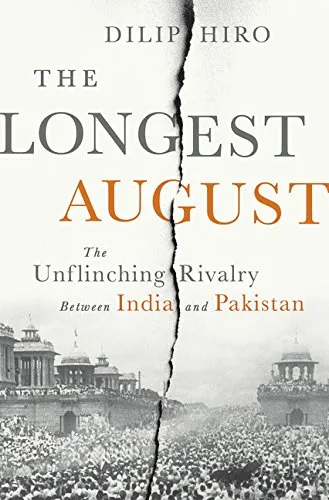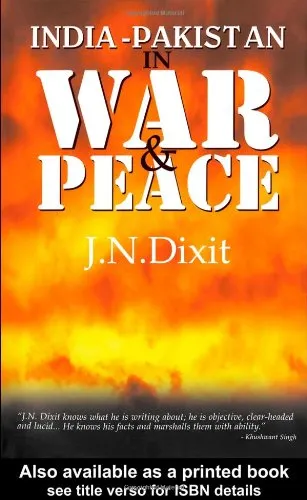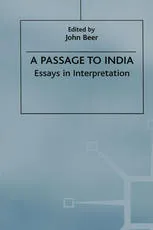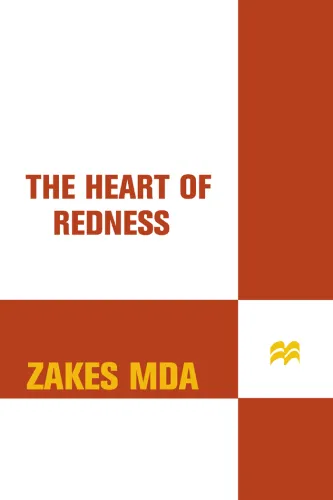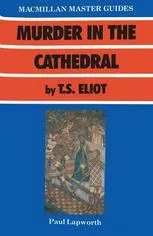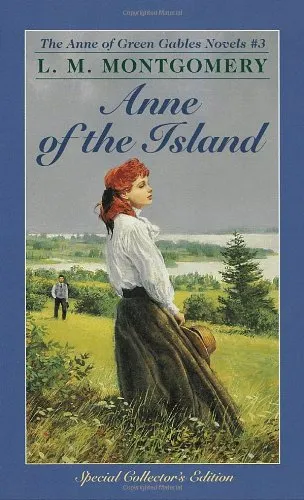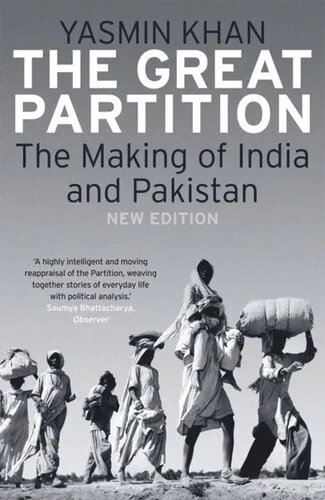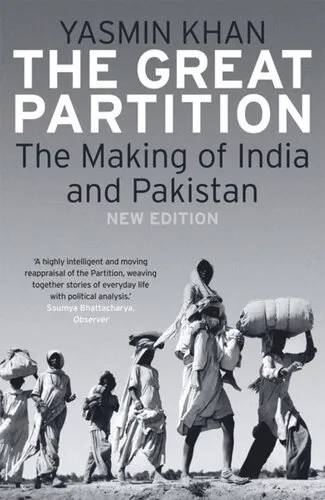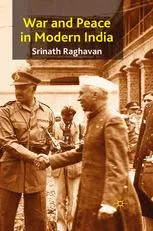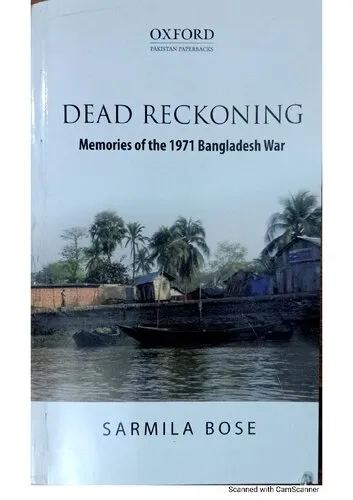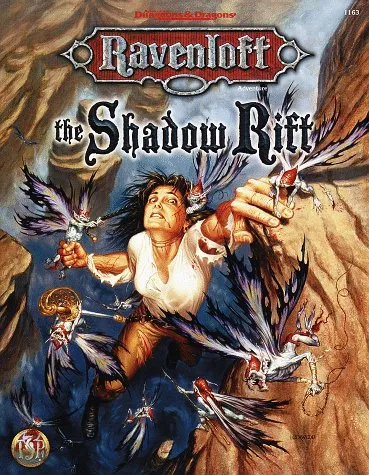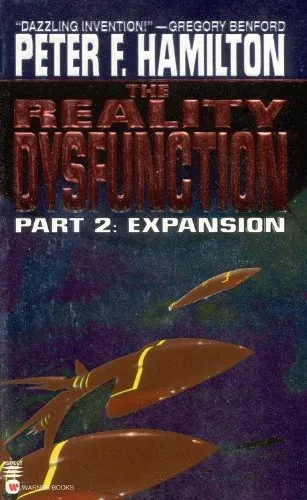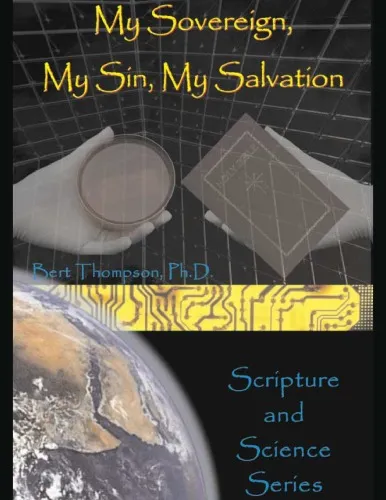The Longest August: The Unflinching Rivalry Between India and Pakistan
4.1
Reviews from our users

You Can Ask your questions from this book's AI after Login
Each download or ask from book AI costs 2 points. To earn more free points, please visit the Points Guide Page and complete some valuable actions.Related Refrences:
Introduction
In "The Longest August: The Unflinching Rivalry Between India and Pakistan," Dilip Hiro delves into the complex and often volatile relationship between two nuclear-armed neighbors with historical grievances that trace back to the partition of British India in August 1947. Hiro, a seasoned historian and political analyst, meticulously unpacks the socio-political tapestry that has defined the Indo-Pakistani rivalry over the decades. This book is an essential read for anyone interested in understanding how historical events have shaped contemporary geopolitics in South Asia.
Detailed Summary of the Book
Hiro's narrative begins with the last days of the British Raj and the catastrophic partition that led to the creation of India and Pakistan. He examines the complex socio-political factors that influenced the division and the subsequent mass migrations and communal violence. The book is structured chronologically, offering a detailed account of how the initial animosity evolved into a persistent conflict fueled by religious, territorial, and political disputes.
Each chapter covers a pivotal moment in history, such as the wars of 1965 and 1971, the nuclear tests in 1998, and more recent attempts at conciliation. Hiro highlights the role of key political figures and the influence of global superpowers on Indo-Pakistani relations. He writes with an academic rigor, yet his storytelling remains accessible, weaving in personal anecdotes and interviews with major political players to make the narrative compelling.
Key Takeaways
- Understanding the historical context of the India-Pakistan partition is crucial for grasping the enduring conflict between the two countries.
- Religious and cultural identities have played a significant role in shaping political agendas and nationalistic fervor in both nations.
- The unresolved dispute over Kashmir remains a central issue, deeply affecting both domestic and international policies.
- Efforts at peace have often been overshadowed by fear, mistrust, and periodic conflict, complicating diplomatic relations.
- Global dynamics, including the influence of China, the United States, and Russia, have significantly impacted Indo-Pakistani relations.
Famous Quotes from the Book
"In the subcontinent, history is not just about the past; it casts a long shadow on the present and future."
"The partition was not only a political division but also a psychic wound that continues to sear the collective consciousness of two nations."
Why This Book Matters
The relevance of "The Longest August" is underscored by the ongoing tension and skirmishes along the Line of Control in Kashmir, the threat of terrorism, and the nuclear capabilities of both India and Pakistan. By offering a detailed historical account, Hiro provides readers a foundation to understand present-day events within a broader context.
One of the book's greatest strengths is its balanced perspective, refraining from demonizing either nation while acknowledging the failures and successes of both. In an era where geopolitical dynamics are rapidly changing, understanding the deep-rooted conflict between India and Pakistan becomes even more critical.
For scholars, policymakers, and general readers alike, "The Longest August" serves as a vital resource for understanding one of the most persistent and complex rivalries in modern history. Its comprehensive analysis and narrative style make it not just a history book, but a crucial conversation starter about ongoing regional and global security challenges.
Free Direct Download
You Can Download this book after Login
Accessing books through legal platforms and public libraries not only supports the rights of authors and publishers but also contributes to the sustainability of reading culture. Before downloading, please take a moment to consider these options.
Find this book on other platforms:
WorldCat helps you find books in libraries worldwide.
See ratings, reviews, and discussions on Goodreads.
Find and buy rare or used books on AbeBooks.
1438
بازدید4.1
امتیاز0
نظر98%
رضایتReviews:
4.1
Based on 0 users review
Questions & Answers
Ask questions about this book or help others by answering
No questions yet. Be the first to ask!
